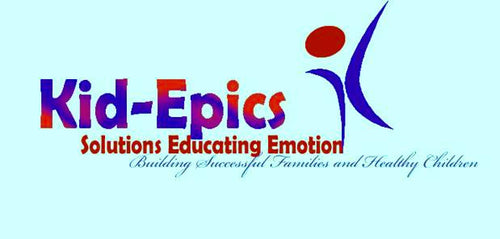A Word About Heroes
Currently, the prevalent explanation for the development of psychological disturbances is a kind of answer but no real solution. For example, if it is true that chemistry is to blame for mood disorders, what can we do to escape it? Nothing. This explanation basically says that we are broken machines. If we accept this, it renders us powerless to act for our own benefit. We learn helplessness and this worsens our condition. Another word for the phrase, “not responsible” is “powerless”.
